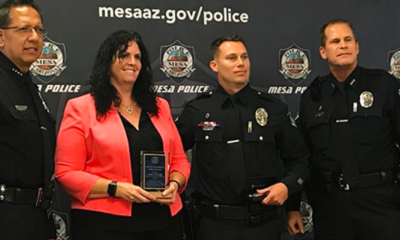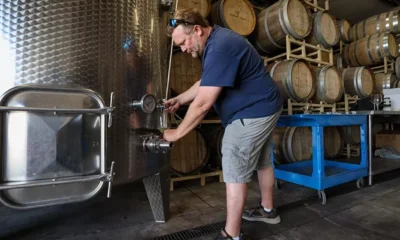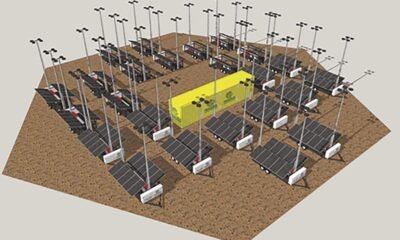arizona
Arizona Launches Innovative Program for Non-Lawyers to Aid Low-Income Residents with Legal Assistance

The Arizona Supreme Court has launched a new initiative allowing non-lawyers to offer limited legal assistance to residents lacking access to legal representation in civil matters. The program, known as the Legal Services Authorized Community Justice Worker (CJW) program, was unveiled in December and aims to address the significant gap in legal aid.
Community justice workers will receive training and supervision from licensed attorneys, enabling them to provide legal advice, prepare documents, negotiate, and represent clients in administrative matters. However, their focus is strictly on civil issues, including consumer disputes, housing challenges, debt relief, public benefits, and unemployment law.
Chief Justice Ann Scott Timmer highlighted the program’s objective, stating, “By empowering local community members to provide essential support under the guidance of trained attorneys, we are expanding access to justice and ensuring that more Arizonans can navigate legal challenges with the help they need.”
The program is supported by Arizona’s Legal Services Corporation, a nonprofit dedicated to assisting low-income individuals in civil matters. Grantees involved include Community Legal Services in Phoenix, DNA-People’s Legal Services for low-income Native Americans, and Southern Arizona Legal Aid, which specializes in eviction and immigration laws.
Arizona is ranked 49th in the nation for lawyers per capita, making it especially challenging for residents in rural areas to obtain legal representation. Many individuals without attorneys are forced to represent themselves in civil cases. Former Ajo Justice of the Peace John Peck reported that most defendants in his court lacked legal representation during evictions and other civil proceedings.
“The landlords have lawyers, but the defendants rarely have attorneys,” Peck noted. He emphasized the emotional and legal difficulties faced by individuals in court without professional support, describing it as often one of the worst days in their lives.
To further enhance legal support in underserved communities, the Arizona Supreme Court previously introduced the Arizona Lawyer Apprentice Program, targeting aspiring lawyers who narrowly missed passing the bar exam. This initiative allows them to practice under the supervision of licensed attorneys in rural areas.
The CJW program builds on concepts first implemented in Alaska in 2019 and aims to broaden the assistance available to those facing serious legal challenges. Former Alaska Legal Services Corporation Executive Director Nikole Nelson stated, “By allowing legal aid organizations to expand the pool of helpers who can assist in addressing unmet life-altering legal needs, Arizona has taken a big step towards making ‘justice for all’ a reality.”
To qualify as a community justice worker, candidates must hold legal residency in the United States, possess a high school diploma or GED, pass a background check, and complete necessary training. They are required to inform clients about their non-lawyer status before providing any legal assistance and can only assist those already connected with their organization.


















